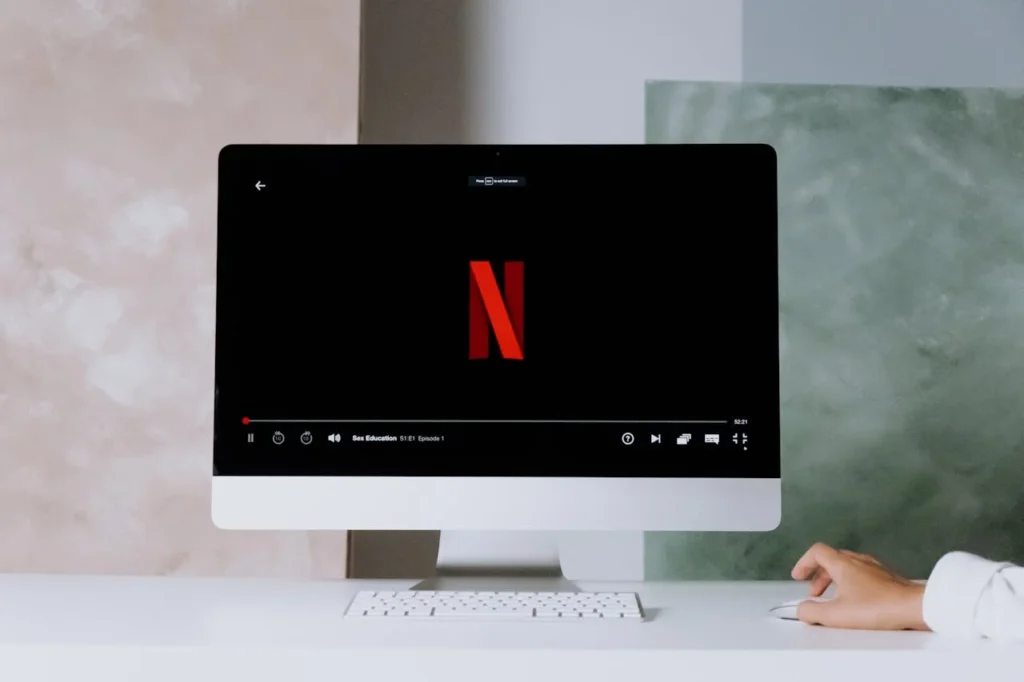French and Dutch authorities simultaneously raided Netflix offices in Paris and Amsterdam as part of an ongoing investigation into suspected tax fraud and money laundering. According to a judicial source in France, these searches are part of a preliminary inquiry opened by France’s Parquet National Financier (PNF) in November 2022. This special prosecution unit is known for tackling high-stakes financial crimes, often focusing on prominent multinational companies.

The PNF has been working on this case in cooperation with Dutch authorities, underscoring the cross-border nature of the investigation. French financial crime and corruption specialists conducted a raid on Netflix’s Paris office early Tuesday morning, while Dutch officials simultaneously searched the company’s European headquarters in Amsterdam. This collaborative effort aims to determine whether Netflix adhered to European tax regulations amid concerns that some financial activities were routed through its Amsterdam office, potentially impacting tax obligations in France.
A Netflix spokesperson stated that the company is cooperating fully with French authorities and emphasized that Netflix complies with tax laws in all countries where it operates. The spokesperson also noted that Netflix is a significant contributor to the French economy, particularly through its production investments and local office, which employs about 40 people. The Paris office, located near the iconic Opera Garnier, opened in 2020 and serves as a hub for the company’s projects in France, including partnerships with local content producers.
While a preliminary investigation does not imply criminal charges or necessarily lead to a trial, authorities are scrutinizing Netflix’s tax practices closely. Large technology companies, especially those offering digital services across borders, have frequently faced tax scrutiny in Europe due to the complexities of aligning tax liabilities with digital revenue generated across different regions.
The PNF has not publicly disclosed the specific reasons for the investigation, but the case echoes previous tax-related controversies involving Netflix. In 2022, the company reached a tax settlement with Italian authorities, agreeing to pay €55.8 million to resolve a dispute over corporate tax payments.
The French publication La Lettre previously reported that Netflix’s French subsidiary was subject to tax authority review due to low reported revenue figures that allegedly did not align with local user numbers. According to La Lettre, Netflix had minimized its corporate tax payments in France, partly by directing revenue through a separate Dutch-registered unit. Between 2019 and 2020, Netflix Services France reportedly paid less than €1 million in corporate taxes. In response to scrutiny, the company reportedly ceased this practice in 2021.
Corporate records indicate a dramatic rise in revenue for Netflix’s French unit, increasing from €47 million in 2020 to approximately €1.2 billion in 2021. This surge likely reflects changes in Netflix’s accounting methods, with revenue that may have previously been reported through Amsterdam now being attributed directly to the French entity.
This scrutiny is part of a broader pattern where tech companies with cross-border operations face challenges from European tax authorities. The differing tax codes across EU nations create opportunities for multinational companies to structure their revenues in ways that minimize tax obligations. European regulators have been increasingly proactive in targeting these arrangements to ensure that companies pay their fair share within each country they operate in.
The Dutch prosecutor’s office for financial crime declined to comment on the investigation, directing inquiries to the French PNF. Despite the ongoing investigation, Netflix has maintained its position on compliance with all tax regulations and emphasized its contributions to the local creative economy. Netflix produces the majority of its original content through third-party contractors in France, including popular shows like “Emily in Paris,” which was filmed on location in the country and has bolstered the streaming service’s visibility in France.
The situation has drawn considerable media attention in both France and the Netherlands, with the investigation representing one of the latest efforts by European authorities to address tax issues related to digital services. French authorities are expected to continue working with their Dutch counterparts to examine Netflix’s past tax practices, aiming to clarify whether any improper reporting occurred or if corrective actions will be necessary.
For now, Netflix remains under scrutiny as the PNF proceeds with the inquiry, which could potentially influence broader European approaches to digital and cross-border tax compliance.






